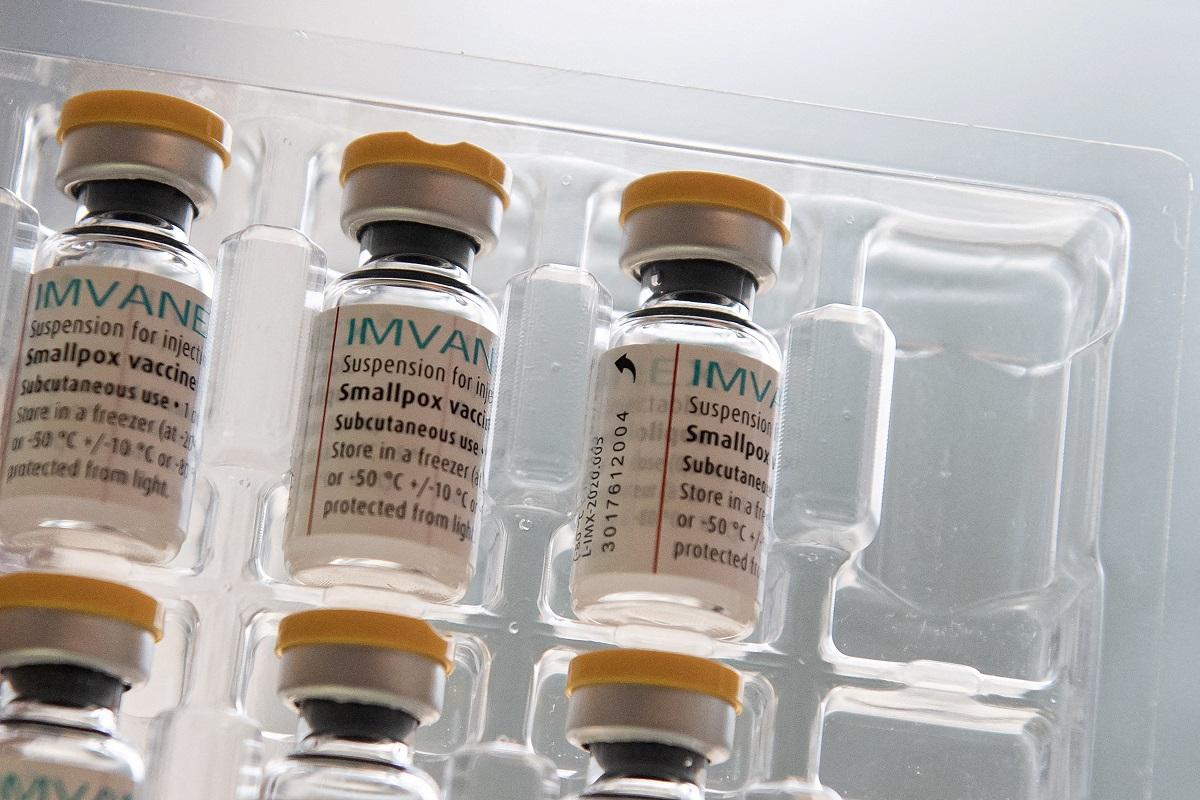KINSHASA — The Democratic Republic of Congo received its first batch of mpox vaccines on Thursday, which health authorities hope will help curb an outbreak that has prompted the UN to declare a global public health emergency.
DR Congo is the epicenter of the outbreak, which has spread to neighboring countries and elsewhere, but a lack of vaccines in Africa has hampered efforts to stop the spread of the sometimes deadly disease.
A plane carrying doses manufactured by Bavarian Nordic and donated by the European Union touched down in the capital Kinshasa around 13:00 local time (12:00 GMT), Reuters reporters at the airport said.
DR Congo’s health minister, Samuel Roger Kamba Mulamba, told reporters the newly arrived vaccine had already proved its worth in the United States and would be rolled out to adults in DR Congo.
“We know which provinces are heavily affected, notably Equateur and South Kivu… The idea is to contain the virus as quickly as possible,” he added.
This first delivery amounts to 99,000 doses and a further delivery on Saturday will take the total to 200,000 doses, said Laurent Muschel, the head of the EU Health Emergency Preparedness and Response Authority (HERA).
Overall, Europe aims to deliver 566,000 doses to wherever needs are greatest in the region, Muschel told Reuters. “Based on the number of cases, the next country [for deliveries] should be Burundi, but the country’s medical agency must authorize it.”
The arrival of the vaccine in DR Congo should start to address a huge inequity that has left African countries with no access to the two shots used in a 2022 global mpox outbreak, while they were widely available in Europe and the United States.
DR Congo has said it will launch its vaccination campaign on Oct. 8 to allow time for a thorough awareness-raising campaign to overcome mistrust in some communities.
Mpox typically causes flu-like symptoms and pus-filled lesions, and can kill. There were 19,710 suspected cases of mpox reported in DR Congo in the first eight months of this year, according to the health ministry. Of those, 5,041 were confirmed and 655 were fatal.
It spreads through close contact, including sexual contact.

















